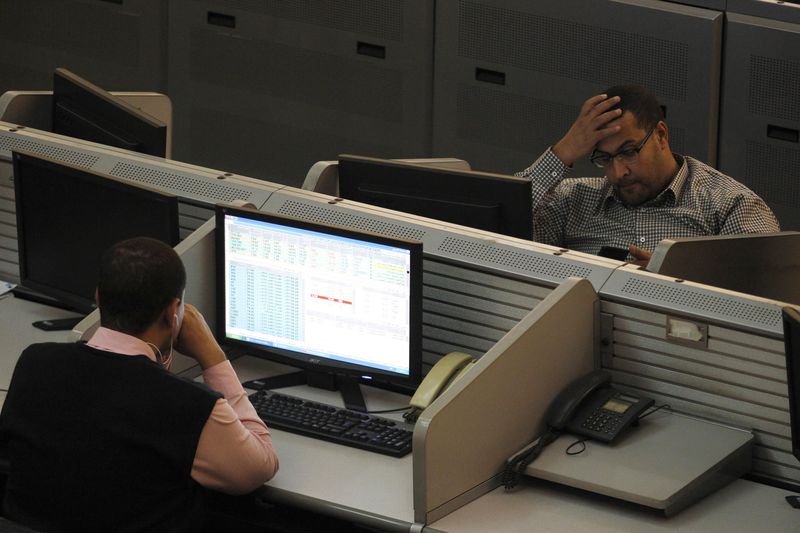Global stock funds saw significant inflows of $25.6 billion in the week to June 12, the biggest inflow since March, Bank of America said in a report Thursday.
Technology funds led the charge, posting record weekly inflows of $8.7 billion, highlighting a trend BofA analysts call “AI capitulation.”
The US stock market saw inflows totaling $20.4 billion for the ninth week in a row. Meanwhile, European stocks continue to struggle, suffering $1 billion in outflows for the fifth week in a row.
The strategists noted that while there is significant interest in AI investments, there are concerns about stock concentration risks. They stressed that the “all roads lead to Nvidia” deal is “once again bolstered by another alternative to the decline of US (European) tech companies.”
Meanwhile, emerging markets (EM) equities enjoyed a third week of inflows, receiving $1.6 billion, while Japanese equities returned $600 million in inflows.
Bond funds also performed well, recording inflows of $6.4 billion for the 26th straight week. Investment-grade bonds attracted $5 billion, marking their 34th week of inflows, while U.S. Treasuries received $1.2 billion inflows for the seventh week in a row.
However, high-yield bonds saw renewed outflows, losing $200 million, and emerging market debt continued its outflows for a second week, removing $500 million from the asset class. Bank loan outflows also resumed, with $300 million in withdrawals.
Beyond the tech sector, US growth funds also had a record week, bringing in $11.9 billion. Meanwhile, other regions saw significant outflows. For example, money market funds (MMFs) experienced notable outflows of $15.8 billion, crypto funds saw outflows of $400 million, and gold funds lost $300 million.
Among regional flows, China stood out with inflows of $1.3 billion, the largest two-week inflow since February at $3.3 billion. The influx contrasts with ongoing troubles in Europe and points to a shift in investor sentiment towards more promising markets.


